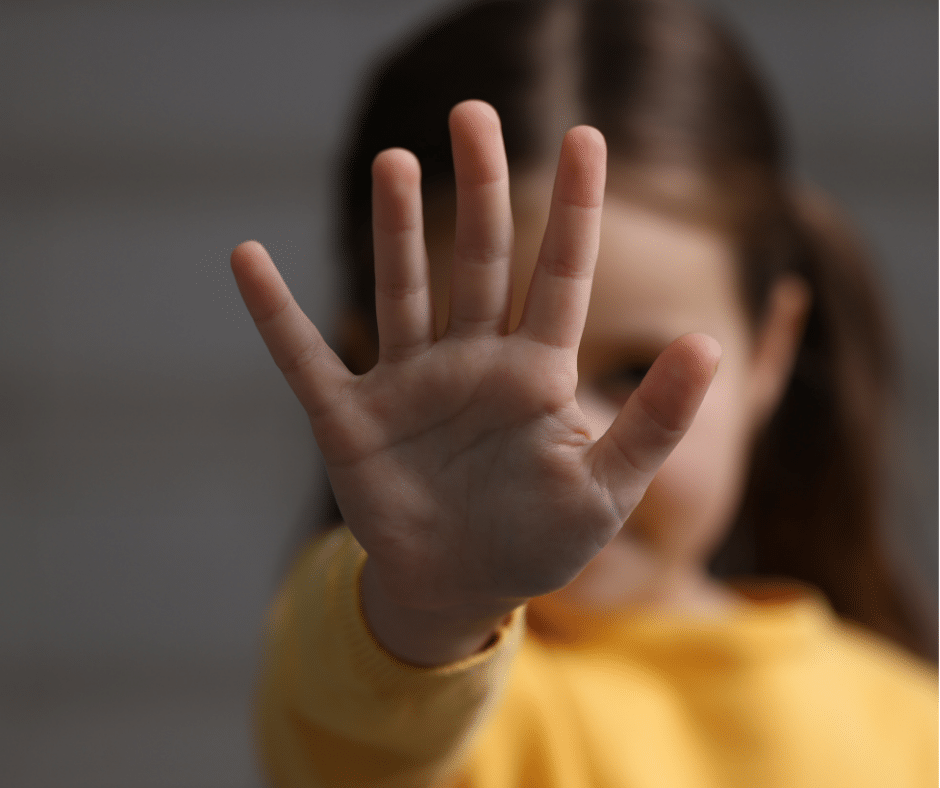
In recent years, waves of brave individuals have come forward with allegations of sexual abuse, shedding light on a dark reality that has long been hidden in the shadows. New York State passed new laws in response to stories of abuse. The laws are called the Child Victims Act (CVA) and the Adult Survivors Act (ASA).
These laws are groundbreaking and aim to protect victims. These laws made it easier for survivors to seek justice and find legal help for a longer period of time. They also helped address the widespread issue of sexual abuse.
Enacted on February 14, 2019, the CVA marked a pivotal moment in New York’s legal landscape concerning childhood sexual abuse. The CVA temporarily revived previously timed barred claims for childhood survivors of sexual abuse. The window to revive old claims is now over. However, it has extended the applicable statute of limitations going forward until the victim turns 55 years of age.
The Adult Survivors Act (ASA) further expands the legal avenues available to adult victims of sexual abuse. The ASA was passed on May 24, 2022. It allows people to file civil suits for sexual offenses even after the time limit has passed. The opportunity to bring back old claims is no longer available. However, victims can now file claims until they reach the age of 55.
Despite the well intentions behind these acts, challenges persist in prosecuting and defending claims. Issues such as evidence preservation, witness testimony, and the discovery process present hurdles for both plaintiffs and defendants. However, the overriding objective of these laws is to ensure that survivors are not denied justice due to bureaucratic constraints.
The intent behind these legislative actions is clear: to provide a pathway to justice for survivors who have endured unimaginable trauma. The CVA and ASA provided a pathway to address the time constraints of previous statutes of limitations, recognizing that survivors often require more time to come forward and seek legal recourse.
The statute of limitations are now extended for both criminal and civil cases involving certain sex offenses against children under the age of 18. This extension allows survivors to bring civil actions until they reach 55 years old. These statues aim to empower survivors, hold perpetrators accountable, and facilitate healing.
The Child Victims Act and Adult Survivors Act were crucial steps forward in supporting survivors in New York State. At Salenger, Sack, Kimmel & Bavaro, LLP, we understand the complexities of these cases and are dedicated to supporting survivors on their journey to justice.
Our team of attorneys are experienced in navigating the intricacies of sexual abuse cases, providing compassionate legal representation every step of the way. If you or a loved one has experienced sexual abuse, don’t hesitate to reach out for a confidential and free consultation. Together, we can fight for the justice you deserve.